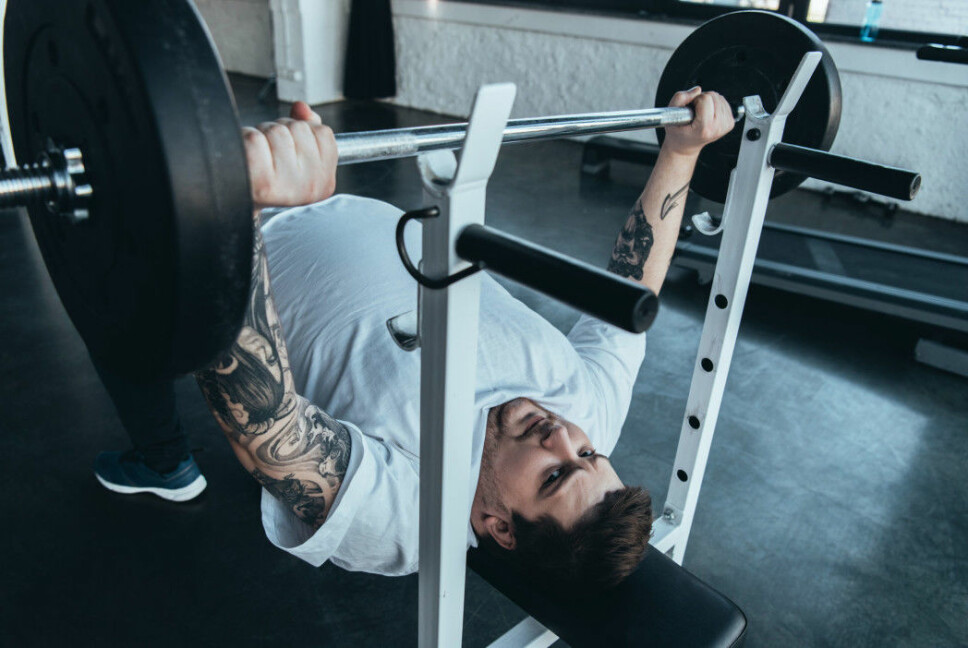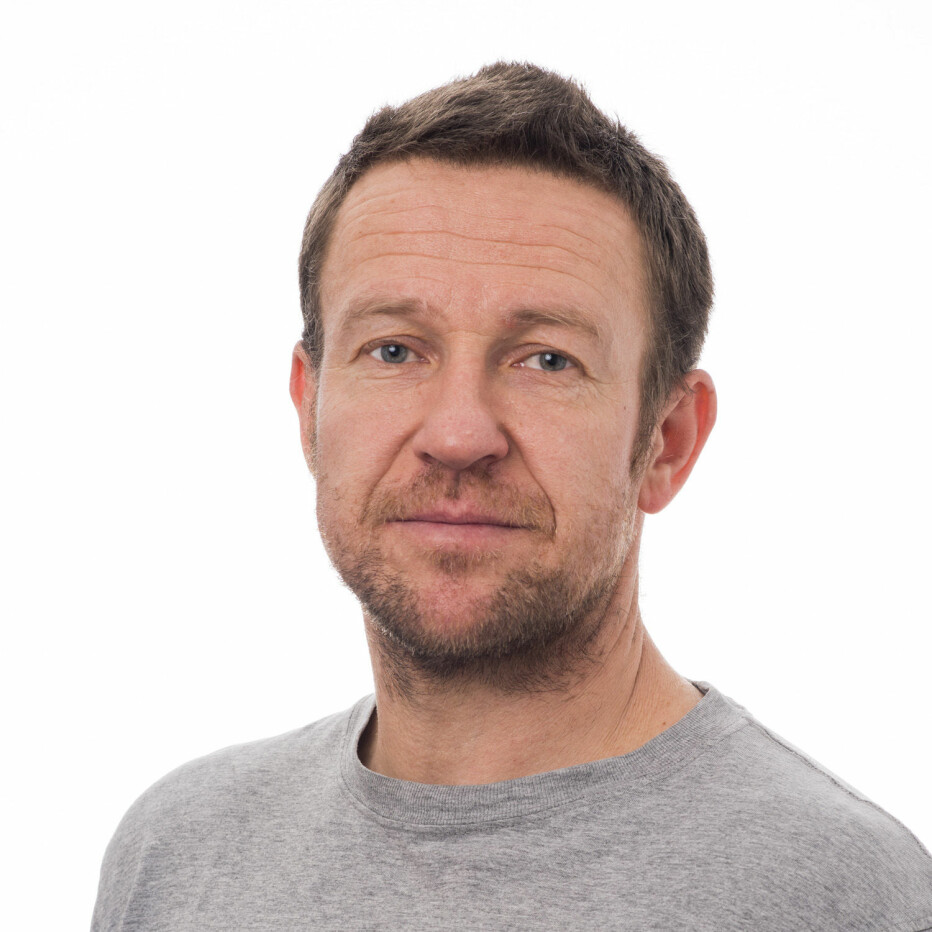
Is it possible to lose weight while building muscle?
ASK A RESEARCHER: Weight loss requires a dieter to run a calorie deficit. Muscle growth requires a calorie surplus. Still, it is possible to achieve both goals simultaneously, research suggests.
It's easy to get a little over-ambitious when you go to the fitness centre. Everyone wants to be leaner, healthier, stronger and more buff. But some of these goals seem to contradict each other.
For you to become stronger and build muscle, your muscles must necessarily be able to grow stronger and tighter. That means you need to get enough calories for your body to have excess energy.
But if you want to lose weight and reduce your amount of body fat, your body must be in a calorie deficit.
Those two goals seem to pull in opposite directions. Do they mean that you have to prioritize just one? Or is it possible to both get stronger and also lose weight?
The simple answer is yes, according to Truls Raastad, a professor at the Norwegian School of Sport Sciences (NIH). But fitness buffs shouldn’t necessarily aim for that goal, he said.
Two important factors
"There are two factors in particular that determine whether you can gain muscle mass during weight loss: How fast the weight loss happens and that you have a good strength training programme," says Raastad.
It’s not only us ordinary folk who set the difficult goal of losing weight while getting stronger. Professional athletes may need to lose weight. For example, martial arts athletes may want to qualify for a lower weight class, but will nonetheless want to avoid becoming weaker when they lose weight.
And here there is research on what is the most sensible approach. A common tactic has been to lose weight as quickly as possible, often using extreme measures.
But the fastest solution may not be the one that is best.

Rapid weight loss gave less effect
Raastad described a doctoral dissertation at NIH where his former student Ina Garthe, Raastad and their colleagues investigated how weight loss affects muscle mass and strength in athletes. Among other things, they conducted an experiment in which athletes followed a diet plan for either slow or rapid weight loss. Both groups followed the same strength programme.
The group with slow weight loss was supposed to drop 0.7 per cent of their body weight each week. For an athlete of 70 kilos, this is about half a kilo a week. Athletes in the faster weight loss groups were supposed to drop 1.4 percent of their body weight weekly — or just under one kilogramme a week for a 70-kilogramme athlete.
The athletes who lost weight not only reached a lower fat percentage, they also increased what is called lean body mass (LBM). LBM is your body weight minus the amount of fat you have in your body. LBM includes, among other things, the amount of muscle you have. The athletes who quickly lost weight did not see the same reduction in fat and didn’t increase or decrease their LBM.
One of the keys is slow weight loss, according to Raastad.
Proper strength programme
But if you are going to build muscle, you naturally have to exercise your muscles. Raastad explained that a strength programme where you exercise all the major muscles in your body is crucial if your goal is to increase your total muscle mass.
"You should do this twice or three times a week, with at least two to three sets of each exercise and with heavy enough weights," says Raastad.
"Some typical exercises are squats, dead lifts, bench press, shoulder press and rowing," he said.
Raastad says that weight loss often causes muscle loss. Strength training during weight loss can counteract this, which may explain why the athletes in the study described above did not lose muscle even though they lost four to five kilos in weight.
Eat enough
In addition, it is smart to eat enough protein. Olympiatoppen, which is a part of the Norwegian Olympic and Paralympic Committee and Confederation of Sports that trains Norwegian elite athletes, advises their athletes to eat around one to two grams of protein per kilogramme of body weight a day.
"If you have a normal Norwegian diet with good protein sources from milk, dairy products, fish or meat, for example, you don't have to think about that all that much, other than to be sure you have good protein sources in every meal," says Raastad.
And it’s important to eat enough. Although the athletes from the study described above were in a calorie deficit, it was not very big.
Extreme diets with a daily intake of only 1000 calories don’t allow for much progress with strength training, and it is almost impossible to build muscle, Raastad says.
Don't be so paranoid about your weight
But if your goal is first and foremost to gain more muscle and to get stronger, it’s best to eat a little more than what the body burns, explains Raastad.
Having to lose weight and at the same time get stronger and build muscle is demanding. Raastad recommends setting other goals.
"For athletes, weight loss may be necessary, but if you're just exercising for the sake of health, it's not that important. Your body composition is more important than what you weigh," he says.
How much you weigh can hide important details. How much of your body weight consists of muscle and fat is more important.
Raastad illustrates with an example: Weightlifters in top shape, who are not in an open weight class, for example, would be qualified as overweight based on how much they weigh, but the reality is that they have a much lower fat content than what someone with a normal weight has.
"People who do strength training and are in an energy balance, meaning that they eat about as much as they burn, will maintain a stable weight. But they can still get a big reduction in fat mass while increasing muscle mass," Raastad said.
Translated by Nancy Bazilchuk
Reference:
Garthe, I., Raastad, T. et al: Effect of two different weight-loss rates on body composition and strength and power-related performance in elite athletes. International Journal of sports Nutrition and Exercise Metabolism. (2011)
———
































